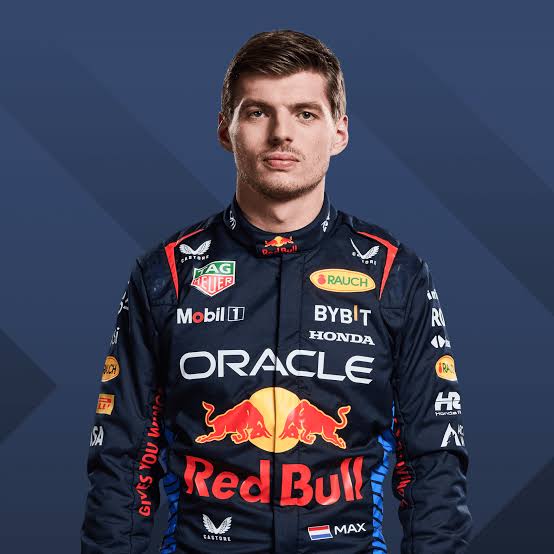Max Verstappen’s retirement from Formula 1 would be a significant moment in the world of motorsport, given his current status as one of the sport’s brightest stars. Born on September 30, 1997, in Belgium, Verstappen quickly rose to prominence due to his extraordinary driving talent and competitive spirit. His early entry into Formula 1, debuting with Red Bull Racing in 2015, marked the beginning of a highly successful career that has since been characterized by numerous records and accolades.
Verstappen’s retirement would undoubtedly prompt a major shift in the F1 landscape. Known for his aggressive driving style and strategic acumen, Verstappen has been a dominant force on the track, securing multiple World Championships and setting several records, including being the youngest driver to win a Grand Prix. His departure would not only leave a void in the championship but also impact the dynamics of the teams he has influenced, especially Red Bull Racing.
The reasons behind Verstappen’s potential retirement could vary, ranging from personal considerations to changes in career aspirations. While the exact motivations can only be speculated, common factors for athletes considering retirement include the desire to pursue other interests, the physical toll of the sport, or simply the search for new challenges. Verstappen, who has been intensely competitive throughout his career, might seek to explore different opportunities outside the realm of Formula 1, perhaps focusing on other racing disciplines, business ventures, or personal life pursuits.
For fans and pundits alike, Verstappen’s retirement would be a poignant moment of reflection. His departure would signal the end of an era for a generation of F1 followers who have grown accustomed to his presence on the grid. The media would likely analyze his career highlights, celebrating his remarkable achievements while pondering how the sport will evolve without him. The spotlight would shift to emerging talents and established drivers who might fill the vacuum left by Verstappen.
Red Bull Racing, the team most synonymous with Verstappen’s success, would face significant strategic decisions following his retirement. The team would need to find a driver who could match Verstappen’s skill level and adapt to the technical and competitive environment that he has shaped. The transition period might involve testing new talent or reshuffling the team’s existing lineup, impacting the team’s performance and strategy.
Moreover, Verstappen’s retirement would influence sponsorships and partnerships linked to his image and brand. Corporate sponsors and partners who have invested heavily in Verstappen’s career might need to reevaluate their strategies or seek new ambassadors to represent their brands in the F1 world.
In a broader context, Verstappen’s retirement would be a reminder of the transient nature of professional sports. Athletes, no matter how talented, have a finite career span. Verstappen’s eventual exit would open discussions about the future direction of Formula 1, including the emergence of new talents and the evolution of racing technology and regulations.
In summary, Max Verstappen’s retirement from Formula 1 would mark the end of a remarkable chapter in the sport’s history. His achievements, style, and impact have set high standards and will be remembered for years to come. The sport will undoubtedly continue to evolve, with new drivers stepping into the limelight, but Verstappen’s legacy will remain a significant part of Formula 1’s rich and dynamic narrative.
